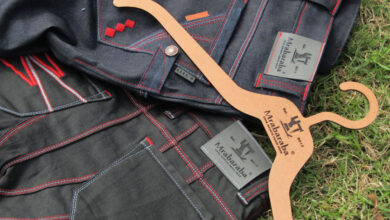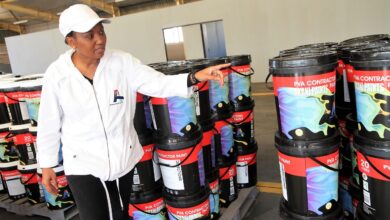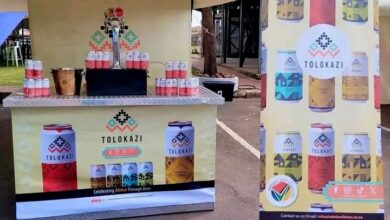Rheinmetall South Africa Makes Further Progress On The Path To Climate Neutrality
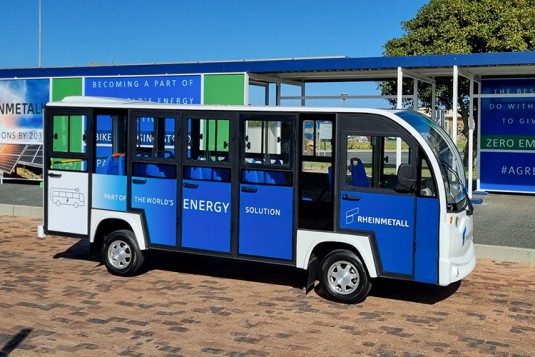
Rheinmetall South Africa Makes Further Progress On The Path To Climate Neutrality. The tech enterprise Rheinmetall has set itself the goal of attaining CO2 neutrality by 2035. The Group’s South African subsidiary Rheinmetall Denel Munition (RDM) has taken the first steps toward improving its climate footprint, thus supporting Rheinmetall’s global goals. At the company’s Somerset West location, Rheinmetall has introduced e-vehicles and off-grid, solar-powered charging stations.
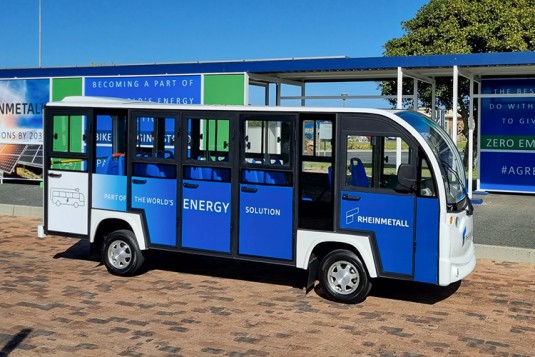
As Armin Papperger, chairman of the executive board of Rheinmetall AG, explains, “Around the world, we’re focusing a lot of attention on Environmental, Social and Governance (ESG) goals. All over the Group, we’re committed to taking visible steps that demonstrate our sense of responsibility for the environment and society. The initiative in South Africa is just one example.”The new vehicles were unveiled by Jan Patrick Helmsen, CEO of RDM, at Somerset West, the company’s main location in South Africa. They will operate there as well at Rheinmetall’s Boskop plant in Potchefstroom.
“As part of the Rheinmetall organization, which has set itself the goal of being climate neutral by 2035, RDM is supporting this ambitious objective with a masterplan that involves implementation of solar energy and green hydrogen, which, along with other projects in the renewable energy domain, are intended to lead to climate neutrality. An important step here is our move away from the internal combustion engine in our fleet of vehicles, with a completely new mobility concept at all four RDM locations in South Africa”, declares Helmsen.To kickstart the process of eliminating more than 350 internal combustion vehicles from the RDM fleet, the company has introduced the first electrically powered buses at its Somerset West and Boskop plants. Electric cars, new “E-Bakkies”, and a new mobility concept based on e-scooters and e-bikes for getting around the plants also form part of the package.
RDM’s locations occupy a total of 5,000 hectares, meaning that large distances have to be covered not only between plants but also when onsite. The company already had an app-based system that let employees book a ride in a bus or car from individual locations. This system has now been expanded to include e-scooters and e-bikes. The result? Enhanced employee mobility and less impact on the environment.The e-scooters and e-bikes will operate along much the same lines as a rent-a-bike system in large European cities and elsewhere, where a bicycle can be booked and picked up at specific station, and then dropped off afterwards at any other charging station.
Solar-powered electronic charging stations of this type have been installed at various locations around RDM plants. In 2021 Rheinmetall signed the United Nations Global Compact, which fosters responsible, sustainable, and transparent corporate governance.


